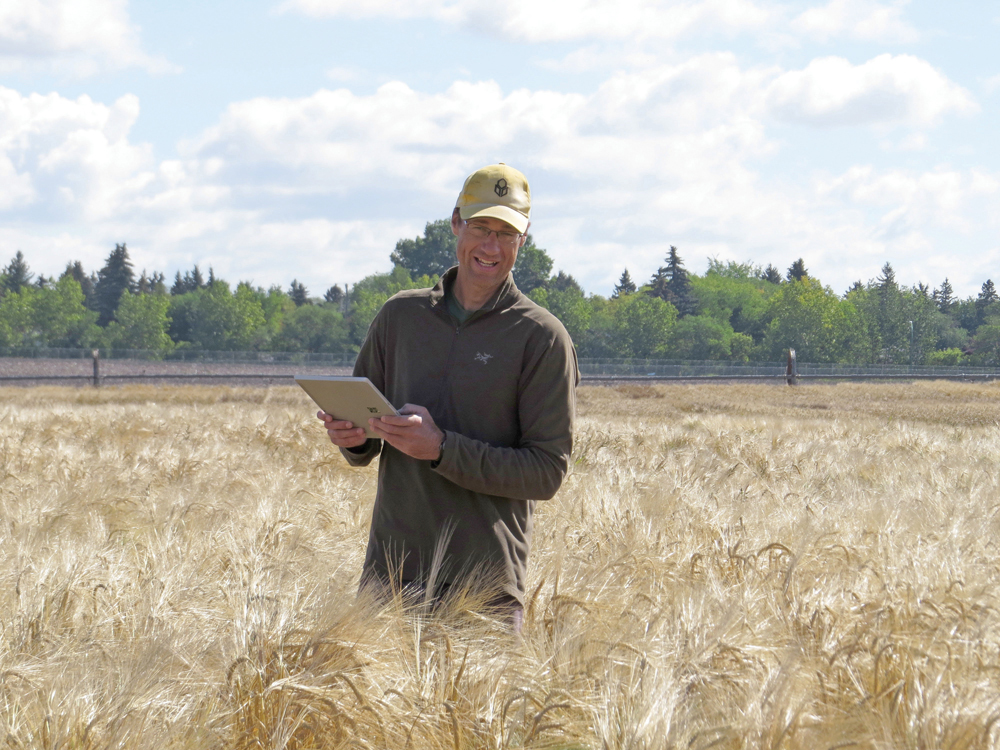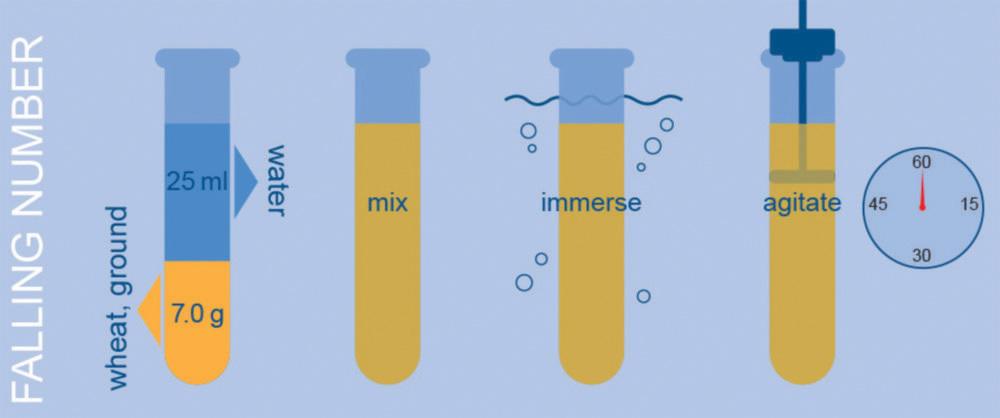Two Manitoba farm commodity groups are putting talk about collaboration into action by sharing a general manager.
The Manitoba Corn Growers Association (MCGA) and Manitoba Wheat and Barley Growers Association (MWBGA) are looking for a new general manager to administer both associations when corn growers’ general manager Theresa Bergsma retires next June, after almost 29 years of running the association.
“After much discussion… it was decided to go ahead and give this a go,” Bergsma said in an interview Sept. 20. “It is a collaboration — a joint shared position.”
Read Also

Province pledges funds to CentrePort Canada
The Manitoba government has pledged $450,000 towards projects at inland port CentrePort Canada.
In separate interviews MCGA and MWBGA presidents Myron Krahn and Fred Greig said they were excited about the plan. And while they stressed the associations are not merging and will continue to operate as separate units with their own goals and objectives, they didn’t rule out more co-operation in the future, including with other commodity groups.
“When I look at it from the combine seat, I grow all these commodities so anything that we can do to better serve producers is good,” said Greig, who farms at Reston.
Sharing a general manager could lead to more collaboration, said Krahn, who farms at Carman.
“We are treading in new territory here, but we feel it will be for the betterment of both organizations’ members,” he said.
The two associations have been collaborating since the MWBGA was created in 2014. The MCGA, headquartered in Carman, already provides some administration services to the MWBGA and the MWBGA assists the MCGA with research co-ordination.
“We are kind of tiptoeing into this collaborative effort and it seems to be working very well and we really see the potential,” Krahn said. “The future looks bright for commodity organizations.”
Although the two associations are collaborating on research co-ordination, checkoff money collected from each crop goes into research for that crop specifically.
“The government is doing less and less funding of the total research program,” Krahn said. “They want farmers to participate and organizations to lead that. So now we are pooling our talents together to make these research projects successful and stretch those research dollars from farmers and the government as far as we can.”
Depending on the year, the MCGA and MWBGA have around 1,200 and 8,800 members, respectively.
While saving farmers’ money is one objective, collaboration is also about serving farmer-members better, Bergsma said.
Greig believes having a single manager for both associations makes for economies of scale and a bigger job, making it more appealing to an experienced manager.
The new general manager will have to be flexible, Bergsma said.
“Yes, we have a job description, but as for detail not so much,” she said. “And the person who we hire will be made very aware of the transitional things that are happening. Hopefully, we can get the right person who can lead us into the next era of collaboration. I am excited.
“We have a system in place already where we exchange hours and work out the admin overhead and things like that. It’s a case of figuring out what is fair for everybody and what’s better. We don’t expect it to go without bumps.”
The new manager will also have to be clear about which association he or she is representing when speaking publicly, Bergsma noted. The MWBGA is focused on research and has said it wants to avoid engaging in policy debates, which can be divisive.
“It will be a little bit of a tightrope at times to make sure we get it right, but if we are careful I think things will fall into place pretty easily,” she said.
Administratively the three crops are a good fit for a single manager since wheat and barley are harvested sooner than corn.
Bergsma hasn’t ruled out working part time for the MCGA on policy issues, but it will depend on the new general manager, she said.
And Brent VanKoughnet, a Carman-based consultant under contract to the MWBGA, will continue working on transferring the western Canadian checkoff — an interim measure to fund wheat and barley research and market development after the discontinuation of the Canadian Wheat Board — to provincial cereal associations, Greig said.
“He (Brent) has certainly been an integral in that,” he said. “We want to keep that continuity going. It will be a little hard to expect the new person (manager) to be up and running right away and Brent certainly has great rapport with the other commodity groups already.”
Greig said he’d like to see commodity groups collaborate even more. The issue was flagged earlier this year during CropConnect — a conference organized by the Manitoba Canola Growers Association, Manitoba Corn Growers Association, Manitoba Flax Growers Association, Manitoba Pulse and Soybean Growers, Manitoba Oat Growers Association, Manitoba Seed Growers Association, the National Sunflower Association of Canada and Manitoba Wheat and Barley Growers Association.
“(H)ow long can we sustain the current model of multiple associations providing overlapping representation to the same membership?” Altona farmer and outgoing chair of the Manitoba Pulse and Soybean Growers Association (MPSGA) Kyle Friesen wrote in the association’s annual report.
“I see a great opportunity to improve efficiency of grower levy funds through collaboration, communication and possibly consolidation.”
Some farmers complain there are too many farm groups resulting in higher costs.
In 2010 barley, corn, oat, soybean and wheat farmers in Ontario came together to form the Grain Growers of Ontario (GGO). While some feared their commodity wouldn’t be properly represented, most are comfortable with the change, GGO chief executive officer Barry Senft said in an interview in 2013.
“We went on the basis whatever a commodity needed, whether it was research or market development, that’s where the funds were going to be directed,” Senft said. “It has worked well.”


















